US president grew from Swiss roots
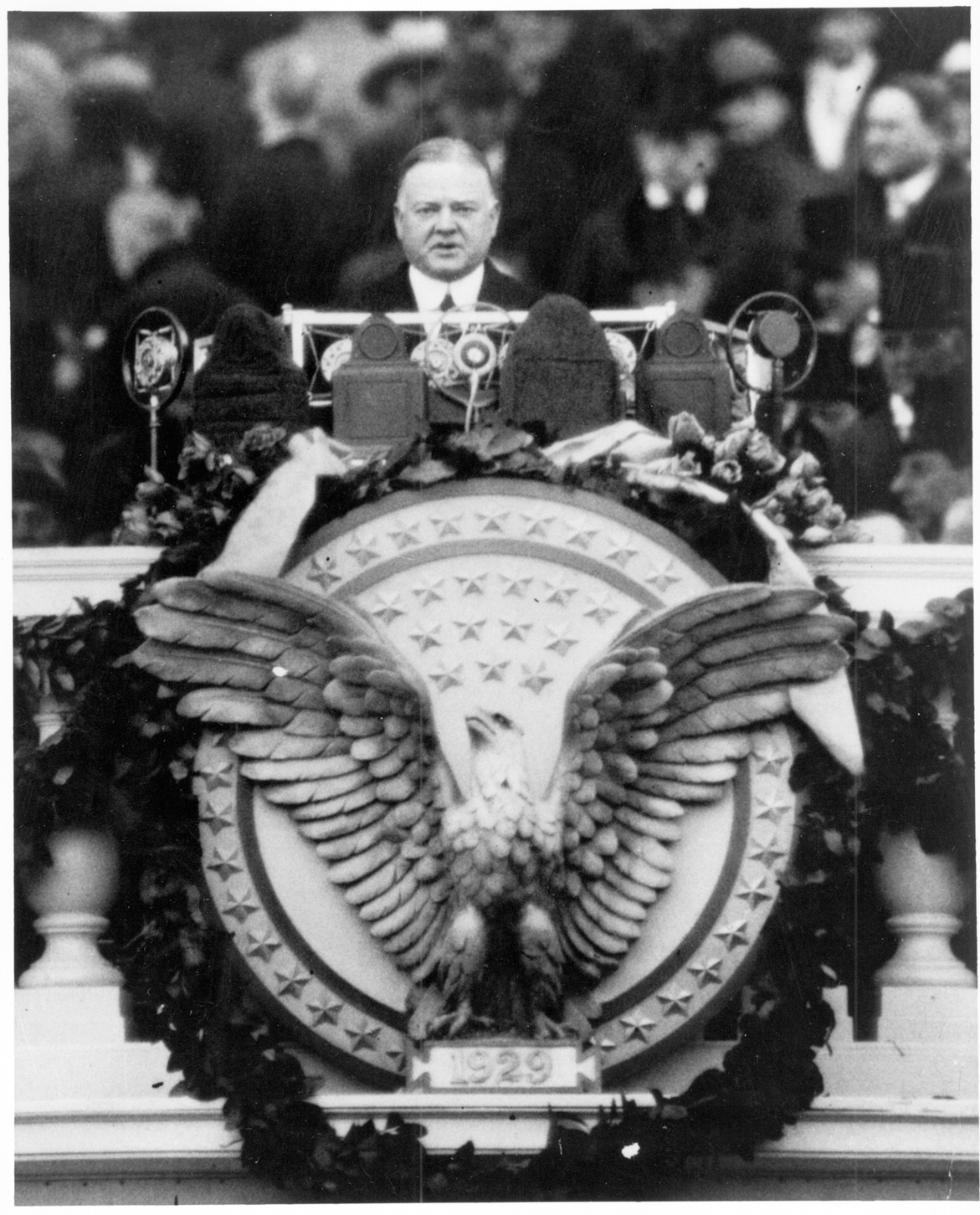
Herbert Hoover, descended from Swiss migrants, led a life of action and innovation well before becoming a United States president linked to the Great Depression.
A pioneer in the field of humanitarian aid, Hoover had a family that extended beyond his Iowa and Oregon upbringing to reach canton Aargau and the town of Oberkulm.
He is one of several influential people in American history whose family trees had roots in Switzerland.
After graduating from Stanford University with a degree in geology, Hoover explored veins of gold in Australia, worked in China, consulted internationally and published books on minerals and the mining industry. In 1905 he founded the Zinc Corporation, which later became the Rio Tinto group.
During the First World War and immediately afterward, Hoover helped repatriate some 120,000 Americans in Europe. He stepped up humanitarian efforts and organised convoys bound for Belgium and central Europe, then Bolshevik Russia and defeated Germany.
“Whatever their politics, the people who are starving shall be fed,” he told his Republican critics.
Courted
In 1919 he founded the Hoover Institution for the study of “war, revolution and peace”. Then, two years later, he was appointed Secretary of Commerce and worked to transform what was then considered a minor post into a major portfolio.
“Hoover thinks in terms of making the American economy a national economy, not a collection of regional economies,” said Matthew Schaefer, an archivist at the Hoover Presidential Library in West Branch, Iowa, Hoover’s hometown.
“As soon as he comes to Commerce, he doubles the size of the staff, gets the department more active in foreign trade, organises conferences to support emerging industries such as aviation, Hollywood movies and radio broadcasting.”
Some joked that Hoover had become Secretary of Commerce and Under-Secretary of Everything Else.
Hailed by the New York Times as “one of the ten most important living Americans”, Hoover was courted by Democrats to run for president but he stuck to his party and ran as a Republican. Hoover would eventually lose overwhelmingly to a Democrat, Franklin D. Roosevelt, years later in 1932.
Beleaguered
“He campaigns as a master of emergencies and crises and he wins the election in a landslide in 1928,” Schaefer said. The message was well timed: Soon Wall Street would collapse, unemployment would rise and Hoover would underestimate the impact.
“His initial reaction to the Crash was that it was just a correction and the fundamentals of the economy were sound and that it would only bleed off the speculators,” Schaefer said. “But that view only held for about a month.”
Hoover gets it from both sides, he added. “From the left, accusing him of being distant and disconnected, and from the right, throwing accusations of statism at him.”
And his style of governing does not help. “Hoover was very uncomfortable being in the public eye,” Schaefer said. “He wrote long 75-minute speeches and mumbled through them. He also governed as a CEO. He never did any sort of politicking to build support, even from his own party when he had Republican majorities in both houses.”
Stubborn
In a way, Hoover became a victim of the success he had before entering politics. He had never known failure before being president and he became fixed in his thinking. The recession was getting worse, yet he still refused to increase the deficit to help the unemployed.
The Great Depression tainted his presidency as well as his foreign policies despite his innovative nature. Hoover was in fact an international, non-interventionist president. He reduced weapons piles and renounced war as a foreign policy tool.
“We should use the standards of reason, not force, but the law and free government,” he said. For him, only an invasion on home soil would justify the United States entering a conflict.
Eighty years later, with the US going through the biggest financial crisis since the Great Depression, Hoover is still not well regarded.
“When you say Hoover in Belgium or Poland to this day, the first thing that comes to mind is [humanitarian] relief,” Schaefer said. “But here in the United States, when you say Hoover, people think of a son of a b— who did not provide relief.”
Hoover, Reagan, Jefferson
Hoover’s legacy remains stained by the fact that he took office as the Depression hit. But his influence lived on.
Roosevelt, his rival and successor, nominated one of Hoover’s secretaries to the Department of Defense during the Second World War. President Harry Truman solicited his help in directing aid to Europe after the war. President Dwight Eisenhower would get Hoover’s son, Herbert Hoover Jr., to serve as a special envoy to Iran and later as Under-Secretary of State.
His influence can still be felt today, albeit often unrecognised. “Many political figures today sound like Hoover but they point to Reagan or Jefferson because Hoover is too far back in history or too associated with the Depression,” Schaefer concluded.
1914 -18 – Organises US humanitarian aid during the First World War
1919 – sets up Hoover Institution at Stanford
1921-8 – trade minister in the Harding and Coolidge administrations
1929-33 – 31st president of the United States
1932 – Beaten by Franklin D. Roosevelt in presidential election
Geologist, mining engineer, businessman, author.
1738 – The first of Hoover’s ancestors to settle in America was Andreas Huber. The family came from Oberkulm, canton Aargau.
1874 – Herbert Hoover born in West Branch, a village in Iowa. Following the deaths of his father and mother, Hoover was brought up by an uncle in Oregon.
1964 – Hoover dies in New York.
(Translated from French by Tim Neville)

In compliance with the JTI standards
More: SWI swissinfo.ch certified by the Journalism Trust Initiative

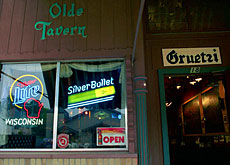
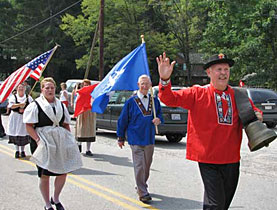

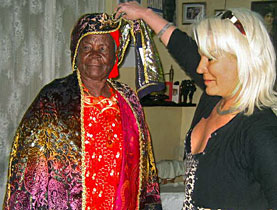
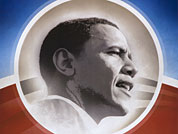
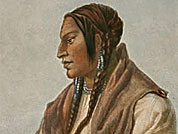

You can find an overview of ongoing debates with our journalists here . Please join us!
If you want to start a conversation about a topic raised in this article or want to report factual errors, email us at english@swissinfo.ch.